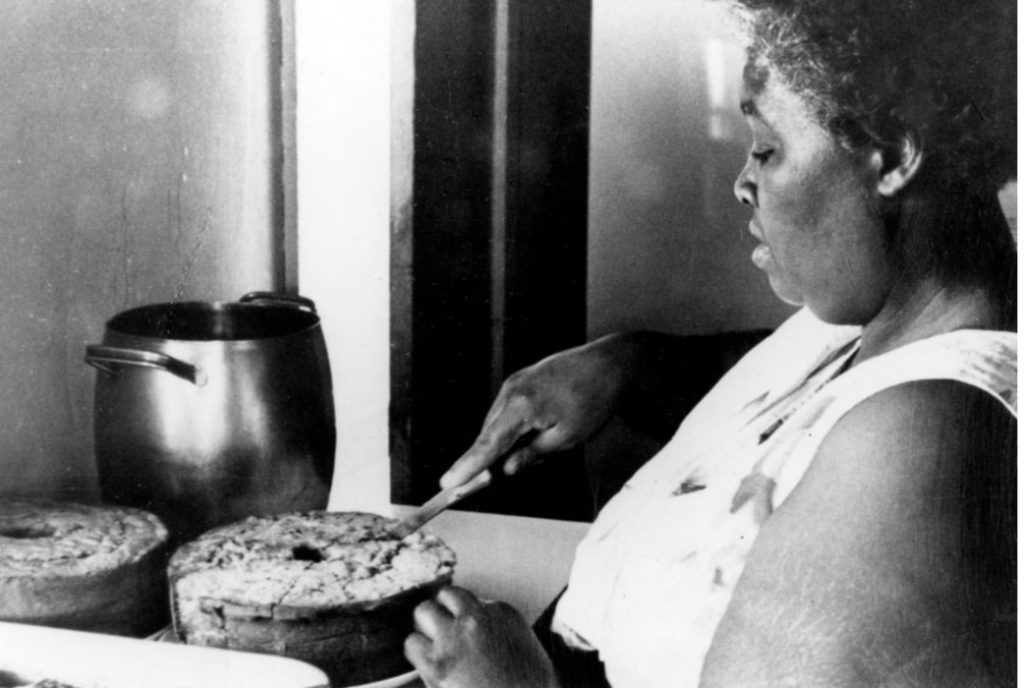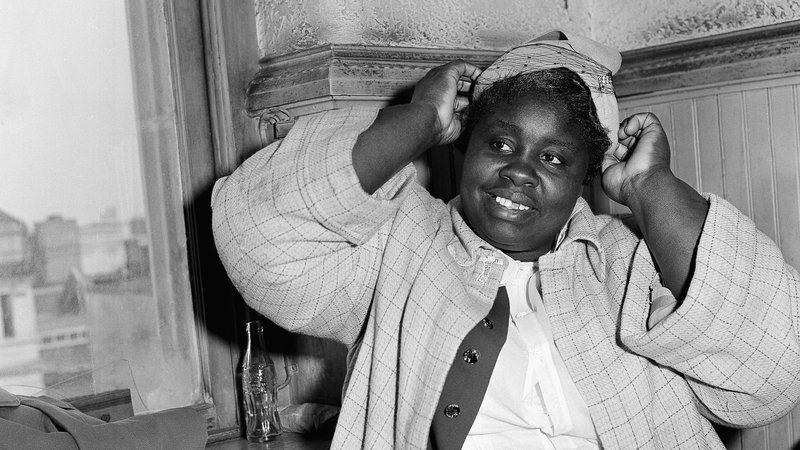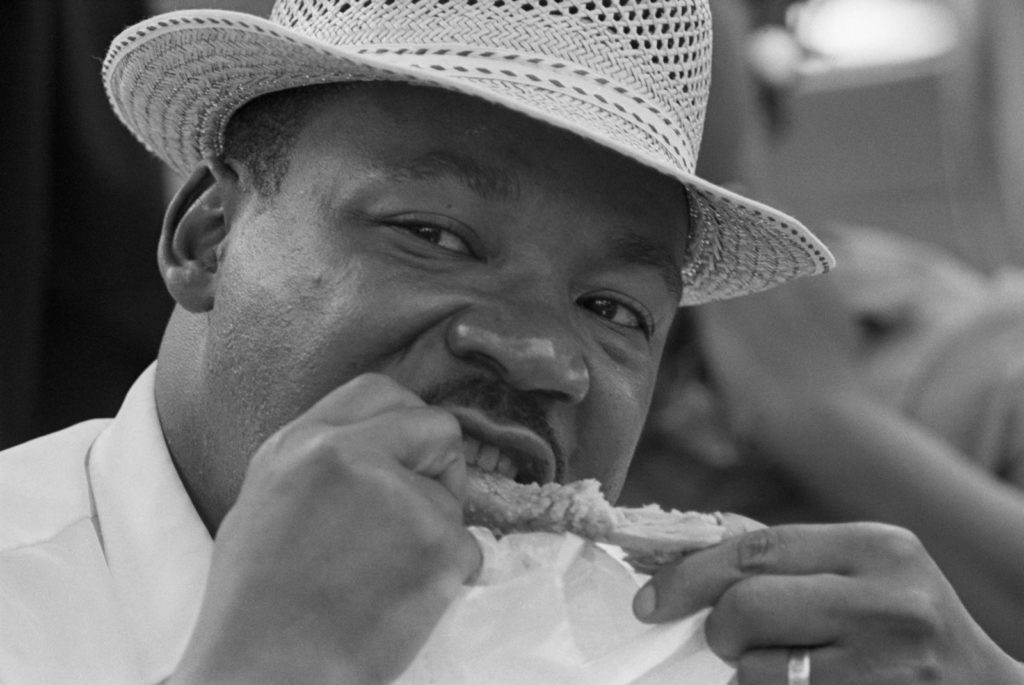

With Martin Luther King Day celebrations coming up on Monday, January 21, it’s also important that we highlight and remember other key individuals who played a pivotal role in the Civil Rights Movement.
Meet Georgia Teresa Gilmore, a large, gutsy, single mother of six children, that juggled two jobs— a cafeteria cook and a midwife, and who like a boss single-handedly operated a fundraising campaign to support the Montgomery Improvement Association after Rosa Parks was arrested for refusing to leave her seat on December 1, 1955.
Listed below are key elements of Georgia Teresa Gilmore’s Role in the Civil Rights Movement:
- At the time, Gilmore was already in the midst of her own personal bus boycott. Two months before Parks’s arrest, a white bus driver had accepted Gilmore’s fare and then berated her for entering through the front door. He forced her off the bus and drove away, leaving her stranded. “I never cared too much for preachers,” Gilmore later recalled, “but I listened to him preach that night. And the things he said were things I believed in.”
Four days after Parks was arrested, thousands of black folks including Gilmore, filled Holt Street Baptist Church in Montgomery, Alabama to hear a young King’s first electrifying speech as a civil rights leader.
- In order to raise money for the MIA, Gilmore organized an underground network of black women who sold pound cakes, sweet potato pies, and plates of fried fish and stewed greens door-to-door. Since, more than half of the city’s black female workers were employed by white families, Gilmore’s group provided an opportunity for them to contribute without jeopardizing their jobs.
“Some colored folks or Negroes could afford to stick out their necks more than others because they had independent incomes,” Gilmore told the Chicago Tribune in 1975, “but some just couldn’t afford to be called ‘ring leaders’ and have the white folks fire them.”
- To protect the participants from any backlash, Gilmore named the group the Club from Nowhere. That way, if the MIA was ever asked where their money came from, they could honestly say “nowhere.” Only Gilmore knew who cooked and purchased the food.
- To sustain the community’s enthusiasm, the MIA held biweekly rallies on Monday and Thursday nights. Gilmore’s fundraising updates were one of the highlights. Twice a week for over a year, the tall, voluptuous woman sauntered down the aisle singing “Shine on Me” or “I Dreamt of a City Called Heaven.” Gilmore emptied hundreds of dollars worth of coins and small bills into the collection plate and then announced how much money the club had collected that week.
- The MIA organized a massive carpool network to put pressure on the city bus company. For 381 straight days, hundreds of cars, trucks, and wagons transported protestors between 42 pick-up and drop-off locations across the city. Even though all the vehicles were donated, the carpool was still expensive to run and maintain.The money Gilmore’s club raised helped pay for the gas, insurance, and repairs that kept the alternative transportation system running.
- Gilmore’s role in the movement came at a personal cost—she lost her cafeteria job. But she rebounded quickly. Dr. King lived a couple of blocks away from Gilmore and was a fan of her fortitude and fried chicken. When Gilmore was fired, Dr. King encouraged her to open her own business. With his financial backing, Gilmore transformed her dining room into an unofficial restaurant, which served as a clubhouse for civil rights leaders.


Georgia Gilmore adjusts her hat after testifying as a defense witness in the bus boycott trial of Reverend Martin Luther King Jr., March 21, 1956 in Montgomery. Gilmore testified: “When you pay your fare and they count the money, they don’t know the Negro money from white money.” (AP Photo)


Gilmore remained active in the Civil Rights Movement for the rest of her life, using her food to fuel social change. She died on March 7, 1990, the 25th anniversary of the Selma to Montgomery March. Despite being advised by her doctor to stop cooking, she woke up early to prepare chicken and potato salad for the people marching in commemoration.
Source: AtlasObscura.com
